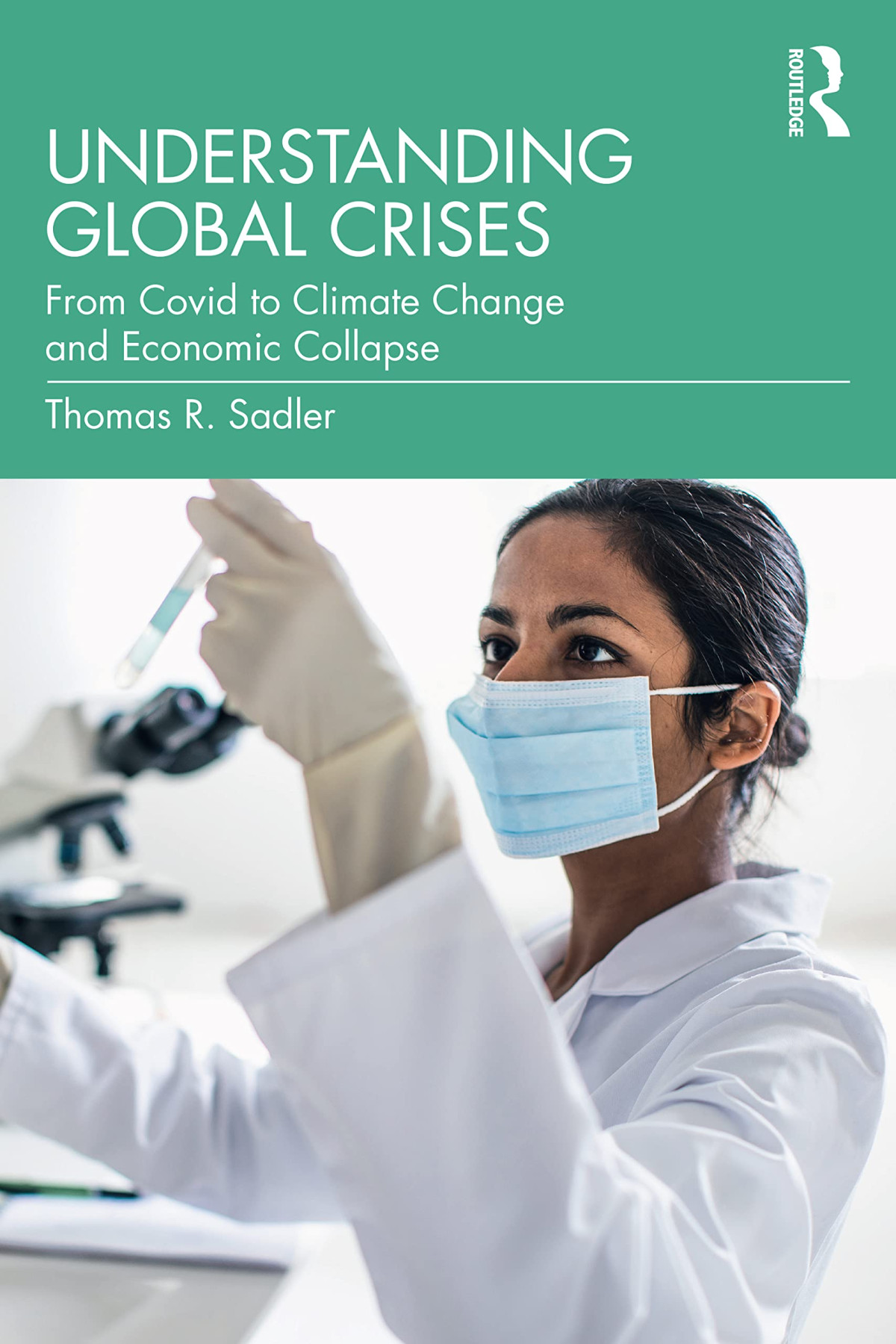

Most ebook files are in PDF format, so you can easily read them using various software such as Foxit Reader or directly on the Google Chrome browser.
Some ebook files are released by publishers in other formats such as .awz, .mobi, .epub, .fb2, etc. You may need to install specific software to read these formats on mobile/PC, such as Calibre.
Please read the tutorial at this link: https://ebookbell.com/faq
We offer FREE conversion to the popular formats you request; however, this may take some time. Therefore, right after payment, please email us, and we will try to provide the service as quickly as possible.
For some exceptional file formats or broken links (if any), please refrain from opening any disputes. Instead, email us first, and we will try to assist within a maximum of 6 hours.
EbookBell Team

5.0
60 reviewsUnderstanding Global Crises is an innovative and interdisciplinary text that investigates the key contemporary economic, social, and environmental crises and demonstrates their deep interconnection.
Contributing to the discussion of large-scale crises, this book provides a conceptual framework to understand the current global landscape. Essential cascading crises topics, such as economic collapse, climate change, racial injustice, domestic violence, and epistemic oppression, are explored in order to equip readers with the clarity to understand global crises, assess policy interventions, and analyze social responses. To achieve future resilience, the book shows that society must recognize various forms of inequality and make policy changes.
Each chapter showcases an international case study, covering real-life examples of topics such as climate disinformation, vaccine distribution disparities, environmental racism, and socioeconomic deprivation. Other features of the book include key terms, suggested further reading, and discussion questions, as well as online supplements comprising PowerPoint slides and an instructor’s guide. Understanding Global Crises will be a valuable text to support courses in economics, environmental studies, political science, public health, and social policy.